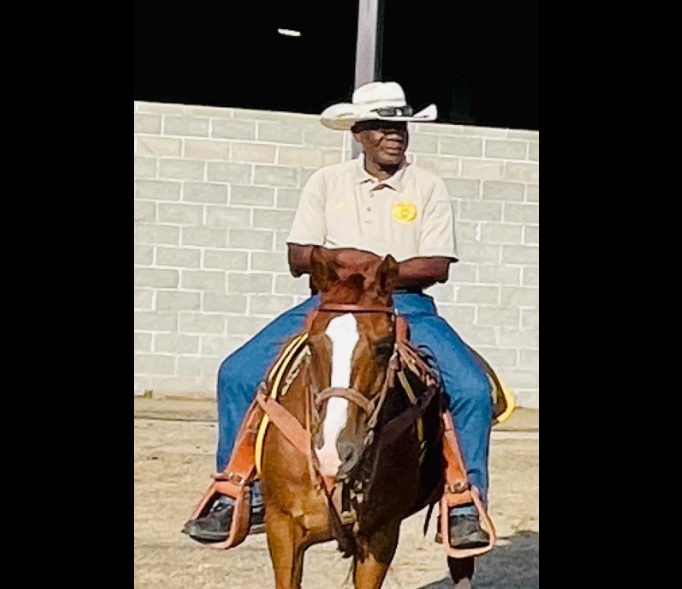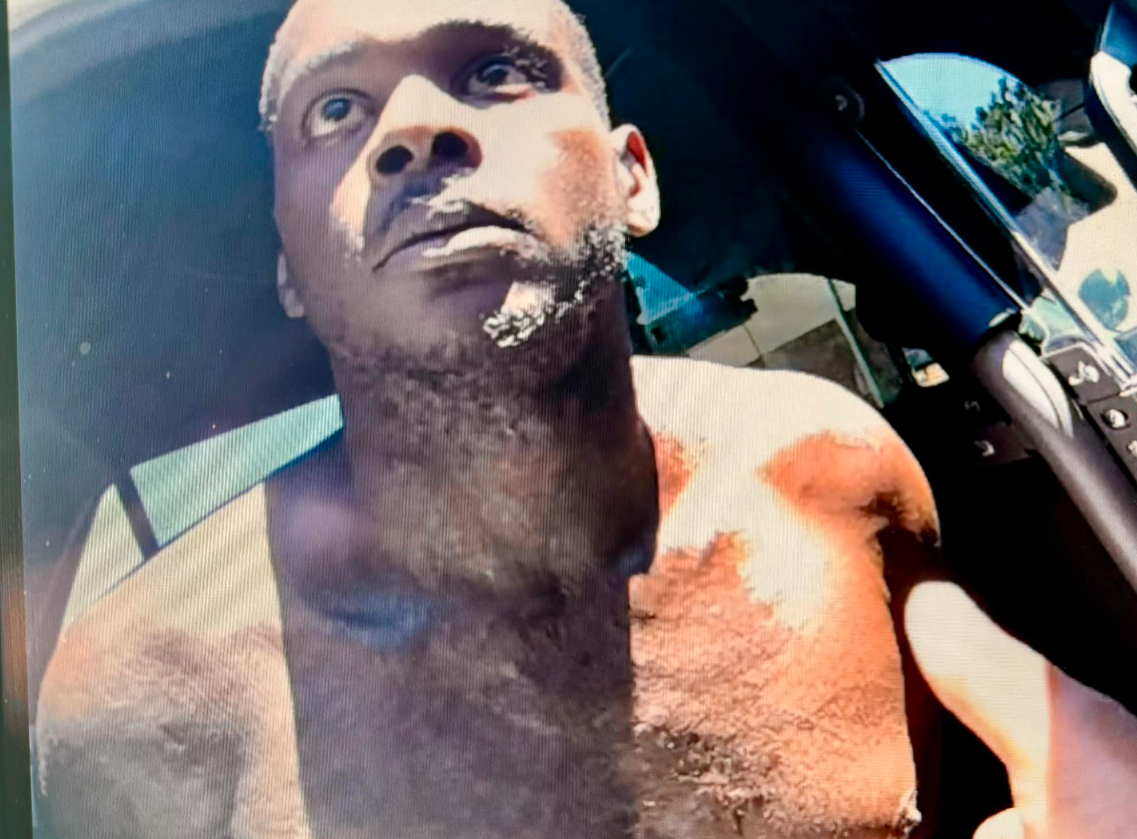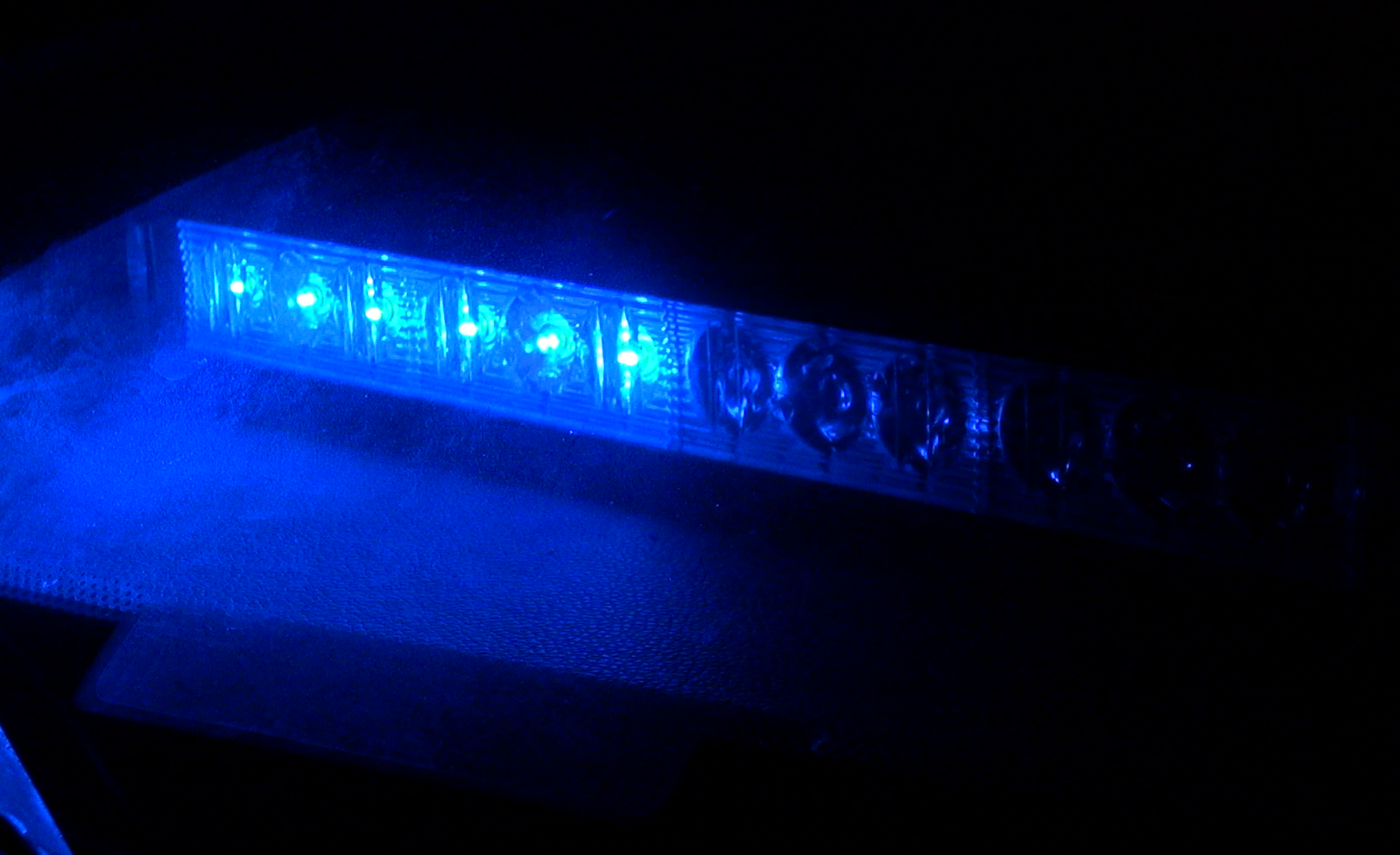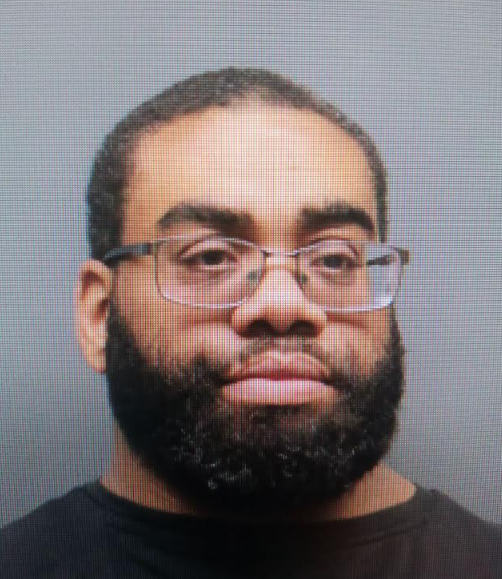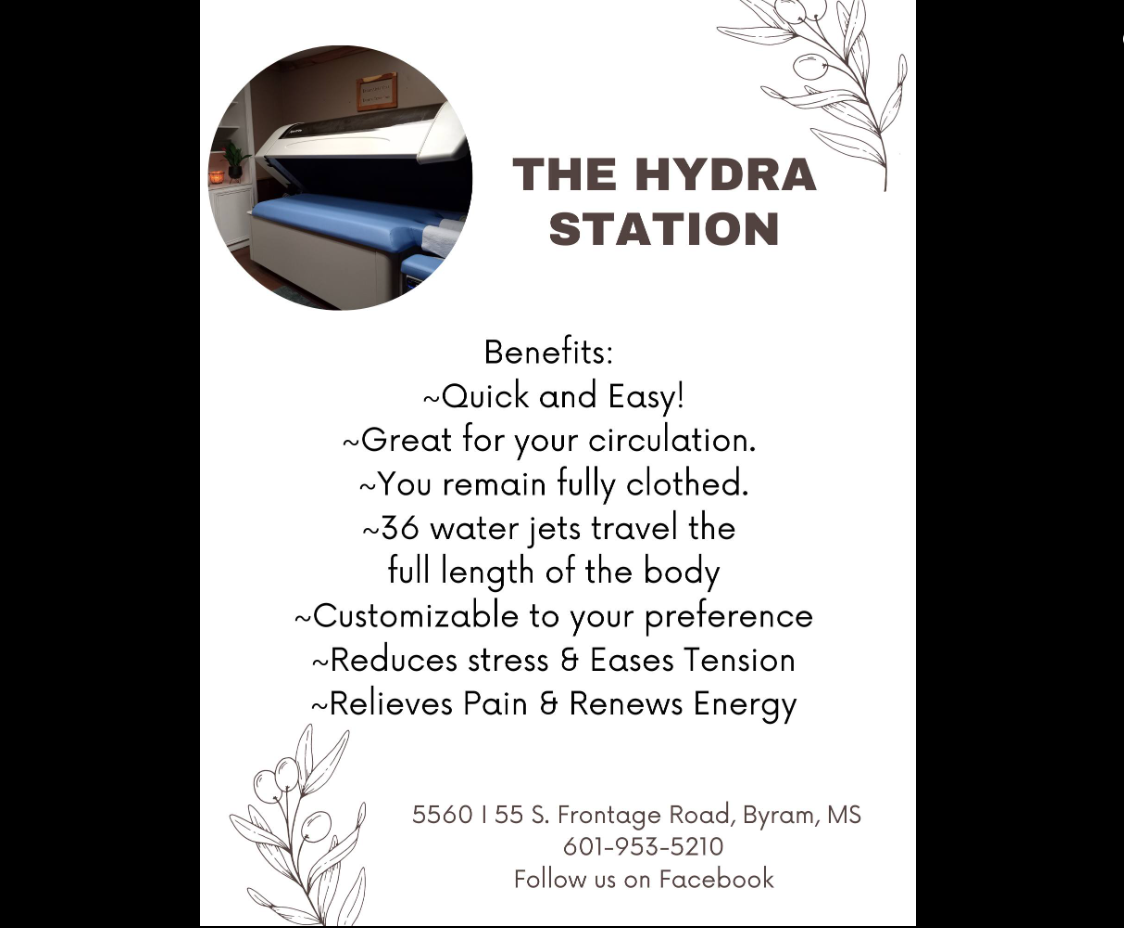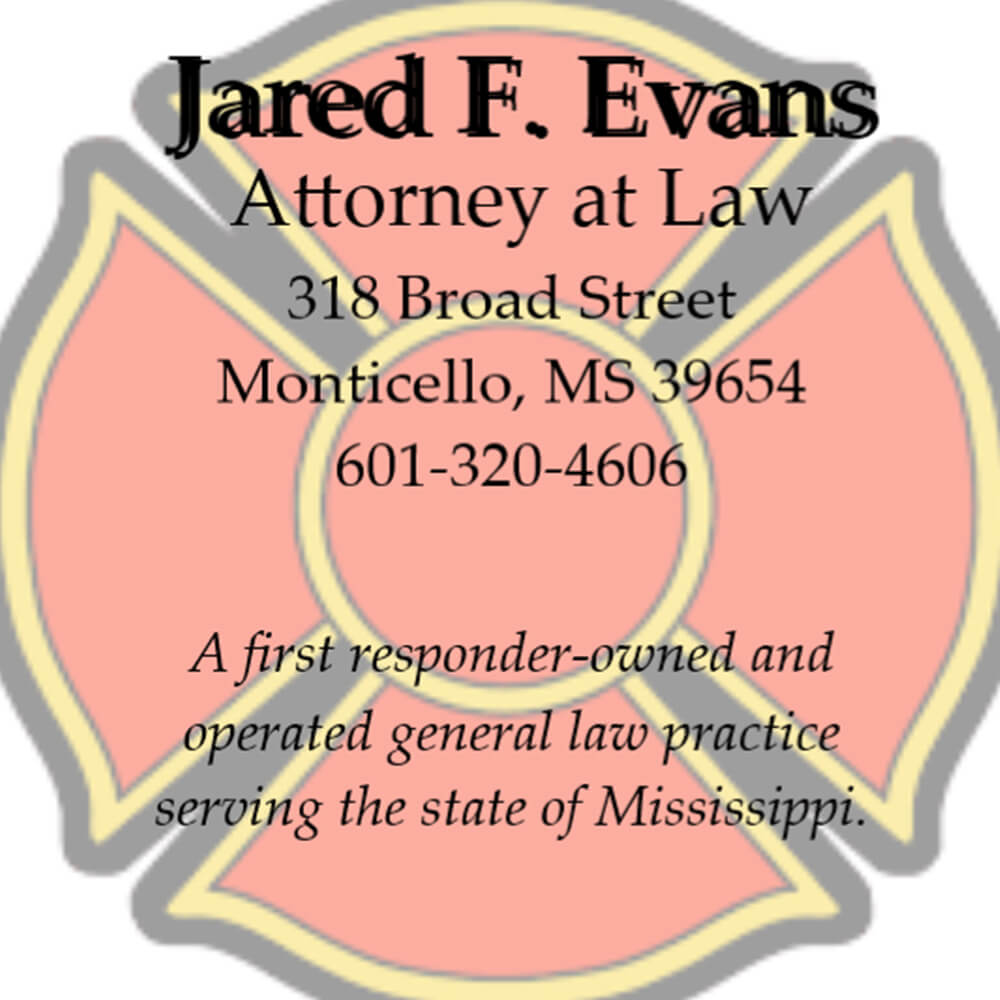A state medical examiner testified Thursday in the case of the death of George Robinson.
Robinson died after an interaction with Jackson Police Department on January 13, 2019. Three officers were indicted and charged with second-degree murder in Robinson’s death. As the draw would have it, Lincoln Lampley and Desmond Barney ended up in Judge Faye Peterson’s court. Their case was thrown out with prejudice by Peterson, who said the prosecution did not have a case. Anthony Fox ended up in Judge Adrienne Wooten’s courtroom.
Peterson is not the only one whose opinion has been that the prosecution may be misguided. Federal Judge Carlton Reeves wrote an opinion last August that all three officers were protected by law under qualified immunity. The officers were also cleared by the FBI and JPD’s internal affairs.
Dr. Mark LeVaughn took the stand Thursday afternoon to discuss his findings. LeVaughn ruled that Robinson died of blunt force trauma to the head, and that the manner of death is homicide. During the course of questioning, LeVaughn stated that “homicide” does not mean murder, it simply means someone died as a result of something another person did.
The prosecution showed graphic autopsy photos, pointing out the places both inside and outside Robinson’s skull that showed bruising, hemorrhaging, or bleeding. One spot corresponded with the abrasion on Robinson’s forehead. There was dark blood in the back of the right side of the skull, which LeVaughn said was “left over” from the cleaning after the bleeding in Robinson’s head.
LeVaughn also said that from what he could see, there was no bruising or sign of trauma to Robison’s back, shoulders, chest, or abdomen. Later on he would say that in the photos and from the notes left by the medical examiner who actually did the autopsy on January 17, 2019, he did find a slight fracture in a rib, but that he didn’t note it in the autopsy because the previous examiner had not.
In both direct questioning and cross examination, LeVaughn said the injuries were consistent with Robinson hitting head on pavement, but that it was impossible to determine how much force was used.
Defense attorney Michael Cory brought up that Robinson was taking Plavix after a stroke he suffered on Christmas. Plavix is an anticoagulant and therefore would make the person taking it bleed and bruise much more easily, argued Cory. LeVaughn, who was actually in previous court records saying that Plavix could affect bleeding, seemed to try to dial back his previous statements. Cory brought out old transcripts, and asked LeVaughn if he was changing his testimony from what he previously said, to which the doctor answered, “No.”
Several times the defense broke out old transcripts during LeVaughn’s cross examination. After LeVaughn conceded that he’d ruled Robinson’s death a homicide with only the cursory knowledge that there had been an interaction with JPD, Cory pointed to a statement LeVaughn had made.
“Question: ‘But you’ve already said if he was resisting arrest… that was not a homicide,'” Cory read. “Answer: ‘Yes, I did say that.’ Are you changing your testimony today?” LeVaughn testified that he was not.
Much of LeVaughn’s cross-examination seemed to center on semantics and degrees of actuality. He was hesitant to say most bruises show color on the skin, arguing that it takes time for that to happen. Cory asked him if it was true that subdural hemorrhages can occur from very slight injuries, and he said, “It’s been documented in literature.”
Cory again brought out the prior testimony in which LeVaughn had stated that it was common. “You’re not changing your testimony today, are you?” he asked again.
Questioning on both sides focused on the number of abrasions, and once again, what kind of force it would take to make them, Plavix or no Plavix. There were questions about how the blood didn’t show cocaine, but was there a urine test done? Cory pointed to places where there appeared to be markers of the body’s processing of such a substance. LeVaugn held that the crime lab had definitely tested for cocaine because they always test for drugs.
LeVaughn also noted several times that he did not try to say that Robinson was assaulted, nor that any violence or excessive force was used.
“In all fairness to Officer Fox, can you say that based on everything you reviewed, he was not the victim of a vicious assault?” Cory asked.
“I never said that he was beaten or kicked or even punched,” LeVaughn responded.
“Or his head slammed into the pavement?” Cory asked, to which LeVaughn replied, “I never said that.”
On redirect, Assistant District Attorney Kurt Guthrie asked LeVaughn what seemed to be the question of the day — in essence: Have you changed your testimony.
“The cause of death is multiple blunt force head trauma,” he said. “The manner of death is homicide.”
FIRST WITNESS THURSDAY MORNING:
Thursday morning, a paramedic who responded to the Mustang Inn on the night of January 13, 2019, took the stand to relate what he saw on that call.
Paramedic Shaun McEwen said when he was called to the Mustang Motel that night, he arrived to find a firefighter and a woman, Constance Johnson, tending to an unconsious George Robinson.
McEwen told the court that as he assessed the situation, he found Robinson to be posturing, which is a stiffening and drawing-in that occurrs with some kinds of head trauma. Johnson told him Robinson had said he hit his head in the act of resisting police.
Prosecutor Kurt Guthrie pressed McEwen to try to remember if he learned that from a dispatch report when he was sent to the call, but he held firm that he was told by Johnson.
(Next story is first defense witness, Officer Desmond Barney.)




